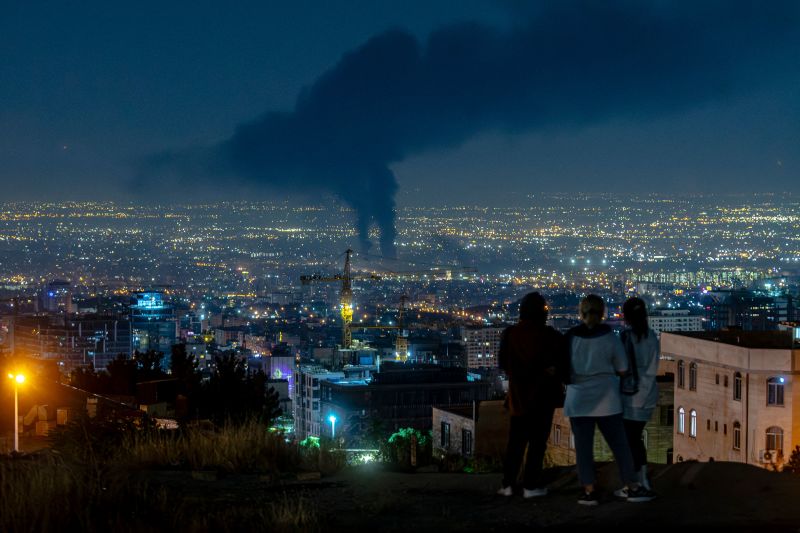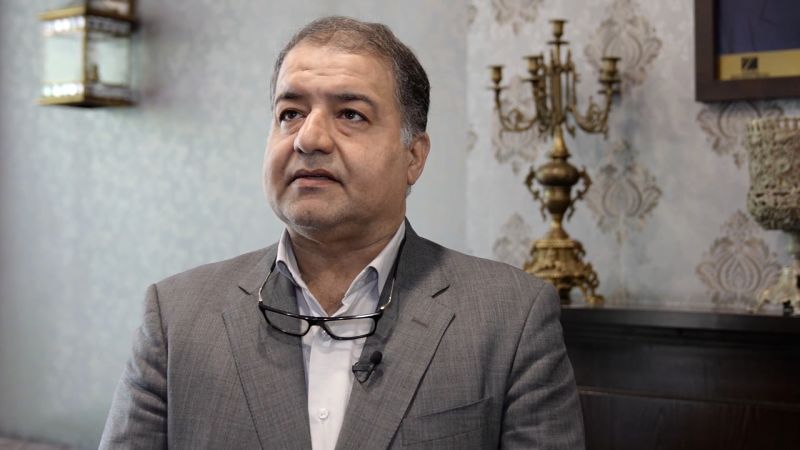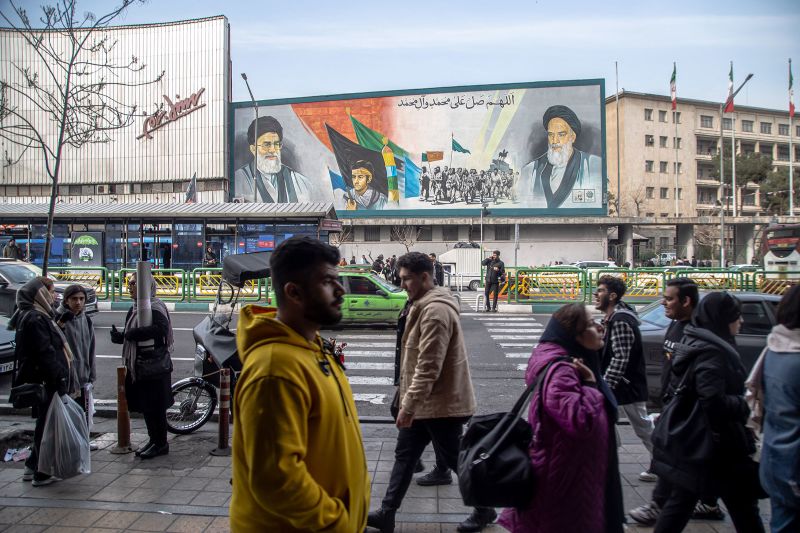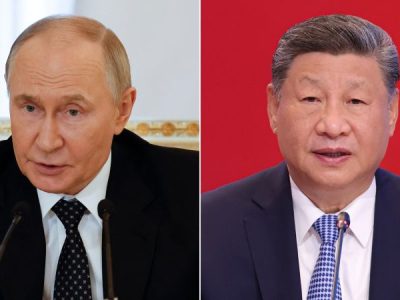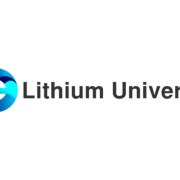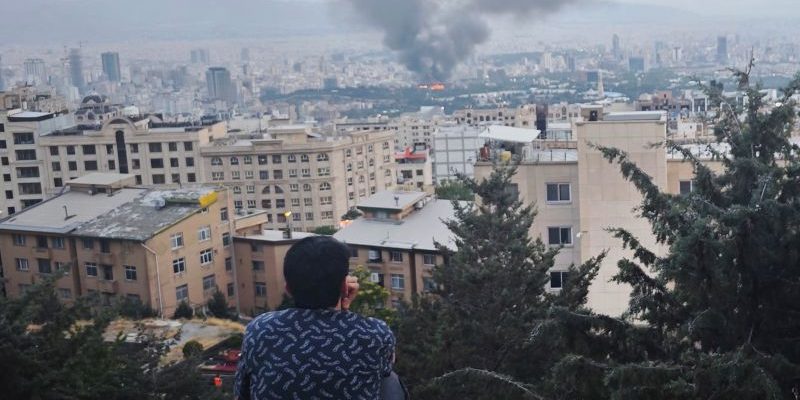
Fearing the repercussions of a total regime collapse in Iran, Gulf Arab states have intensified their outreach to the Trump administration and Tehran over the past week.
The United Arab Emirates, a US ally that has long been opposed to an unsupervised Iran nuclear program, has been in contact with officials in Tehran and Washington to avoid further escalation, according to a top official, amid fears that instability in Iran could affect the region.
“We’re following the situation very closely… our diplomacy is working hard like many other countries,” Anwar Gargash, adviser to the UAE president, said on Friday. “Concerns have to be resolved diplomatically… there are many issues in the region (and) if we choose to tackle everything with a hammer, nothing will be left unbroken.”
Israel began an unprecedented attack on Iran last week, killing its top military brass as well as several nuclear scientists and destroyed part of its nuclear program. Iran has responded with a barrage of missile strikes on Israeli cities.
Gargash, who delivered a letter from US President Donald Trump to Iran’s Supreme Leader Ayatollah Ali Khamenei in March calling for nuclear talks, said any military escalation to the conflict will be “detrimental” for the whole region.
“This is setting us back. The language of conflict is overpowering the new language of de-escalation and economic prosperity for the region,” Gargash said.
Across the Gulf, growing anxiety about the conflict is driving efforts to prevent further escalation.
Saudi Arabia’s Crown Prince Mohammed bin Salman spoke with Trump and called for a de-escalation hours after Israel struck Iran on June 13. The Emir of Qatar, Sheikh Tamim bin Hamad Al Thani, also spoke to the president and called for the crisis to be resolved “through diplomatic means.”
“We have been making all the possible communication between all the parties regionally and abroad. These talks between us have been about finding a way out of the rabbit hole when it comes to this escalation,” the Qatari foreign ministry spokesperson Majed Al Ansari said Tuesday.
Last month, Trump was feted with grand welcomes and trillion-dollar deals when he visited three Gulf Arab nations for the first presidential visit of his second term. At the time, Trump praised the “birth of a modern Middle East” and signaled his intent to sign a deal with Iran to prevent it from building a nuclear bomb.
But after Israel struck and killed Iran’s military leadership and nuclear scientists, Trump shifted his rhetoric, teasing a possible US military intervention on Iran.
The president’s threats have his Arab allies worried and fearing Iranian reprisal attacks against the US on their soil, where the US has a significant military presence. Major exporters of energy, the Gulf states also fear that Iran may shut the Strait of Hormuz on its southern shore, through which a third of seaborne oil passes.
Nightmare scenario
Gulf Arab states, long critical of Iran’s nuclear ambitions and its support for proxy militias across the Middle East, have in recent years softened their stance toward Tehran, pivoting toward diplomacy and rapprochement to avoid conflict.
Experts warn that a US attack on Iran could draw it into a quagmire even more challenging than the wars in Iraq and Afghanistan – a drawn-out confrontation that could last the duration of Trump’s presidency and exact a heavy toll on American lives and resources at Israel’s behest.
“I don’t think anyone wants to see Iran slide to chaos, I think there is a broader desire and preference to deal with one bad actor rather than multiple bad actors,” he said.
“If there is in fact a diplomatic breakthrough… where Iran’s nuclear ambitions towards a nuclear weapon at least are capped, Iran is much weakened and stability returns, that’s a very positive outcome for (Gulf states),” he said.
“I would have to say, though, that the concern is that (Israeli Prime Minister Benjamin) Netanyahu drags the region and drags President Trump into further escalation by perhaps taking out Iran’s ability to export oil,” he added. “That might then take us in a much more negative direction in terms of blowback against Gulf (oil) facilities.”
Trump’s announcement on Thursday of a two-week diplomatic window now offers his Gulf Arab allies breathing space to push for de-escalation, following a week of unprecedented regional clashes that left the Middle East rattled and on edge.

